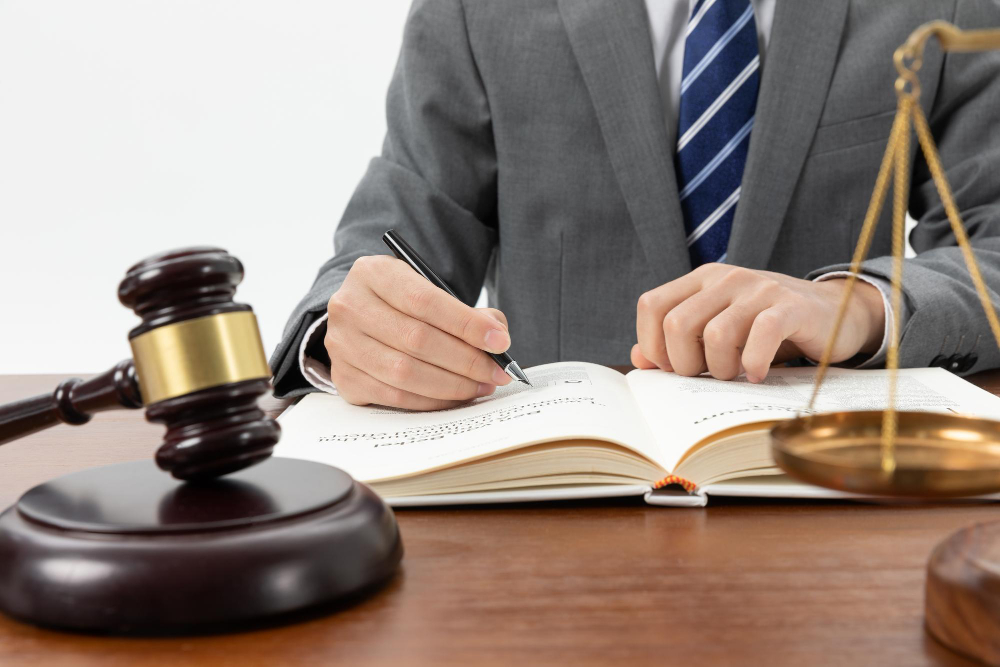If you’re facing an aggravated assault charge, you’re up against one of the most serious violent crime accusations short of homicide. These charges come with significant consequences, often including lengthy prison sentences, steep fines, and a permanent criminal record that can follow you for life.
But being charged is not the same as being convicted. Every aggravated assault case has potential defenses, and the right strategy can mean the difference between prison time and reduced charges — or even a full dismissal.
Successfully defending an aggravated assault case isn’t just about telling your side of the story. It’s about building a carefully crafted legal strategy, and that starts with one of the most important decisions you’ll make: hiring the best criminal defense attorney.
Why Hiring an Experienced Assault Defense Attorney Is So Valuable
Aggravated assault cases are complicated. They often involve conflicting witness statements, physical evidence, medical reports, and questions about the intent behind the alleged incident. On top of that, prosecutors take these charges extremely seriously, especially when weapons, serious injuries, or vulnerable victims are involved.
A skilled criminal defense attorney will immediately begin reviewing police reports, body camera footage, and witness statements for inconsistencies. They’ll start evaluating whether law enforcement violated your rights during the investigation or arrest. They’ll examine whether the alleged victim’s injuries match their version of events. And from there, they’ll start building arguments around legal defenses like self-defense, defense of others, or lack of intent.
Without experienced legal representation, you risk walking into court at a major disadvantage — and facing the full force of the prosecutor’s case with no one to push back effectively.

Understanding the Elements of Aggravated Assault
Before building a defense, it’s critical to understand what the prosecution has to prove. While the exact definition varies by state, aggravated assault generally involves an attempt to cause serious bodily harm to another person, often with a weapon or under circumstances that elevate the severity of the crime.
This can include accusations of causing serious physical injury, using a deadly weapon (like a gun, a knife, a bat, or even a vehicle), or assault against certain protected groups (such as law enforcement officers or elderly individuals).
No matter what, the prosecution must prove intent, the presence of a weapon or serious injury, and that the conduct meets the legal definition of aggravated assault. If any of those elements are weak or missing, there’s room for a strong defense.
Common Defense Strategies to Aggravated Assault
Every case is different, but several defense strategies commonly apply to aggravated assault charges:
- – Self-defense. One of the most common defenses is that you were protecting yourself from harm. If the alleged victim was the aggressor or posed an immediate threat, your use of force may be legally justified. Your attorney will look for evidence supporting this, including witness accounts, security footage, or physical injuries consistent with defending yourself.
- – Defense of others. Similar to self-defense, this applies when you acted to protect someone else from being harmed. If someone else was in danger and you intervened, your actions may be legally justified.
- – Lack of intent. Aggravated assault charges often hinge on whether you intended to cause serious harm. If the incident was accidental or if there’s insufficient evidence that you meant to cause injury, the charge may not hold. Sometimes prosecutors overcharge an incident that legally fits a lesser offense, like simple assault.
- – False accusations or mistaken identity. It’s not uncommon for emotions to run high in assault cases. Some alleged victims exaggerate what happened, or witnesses misidentify who was involved. Your lawyer can challenge these accusations by pointing out inconsistencies or providing an alibi.
- – No weapon was used. In some cases, the “deadly weapon” element of aggravated assault is exaggerated. For instance, prosecutors may claim that an everyday object was used as a weapon when it wasn’t, or they may misrepresent whether a weapon was present at all.
Challenging the Evidence
Aggravated assault cases often involve conflicting stories. Your attorney’s job is to dissect the prosecution’s evidence. That means questioning whether medical reports support the claimed injuries, whether forensic evidence backs up the witness accounts, and whether the police handled the investigation properly.
Negotiating or Reducing Charges
Even when the evidence isn’t ideal for a full dismissal, a skilled defense lawyer can often negotiate to reduce an aggravated assault charge to a lesser offense. This might mean a plea deal for simple assault, disorderly conduct, or another charge that avoids a felony conviction.
Building the Best Possible Defense
Aggravated assault charges are serious, but they’re not hopeless. Building a defense means more than denying the accusation. To be successful, you’ll need to leverage every legal, factual, and procedural tool available to challenge the prosecution’s case and protect your rights. Everything starts with hiring a skilled criminal defense attorney who has the experience, tenacity, and courtroom skill to fight for the best possible outcome.
